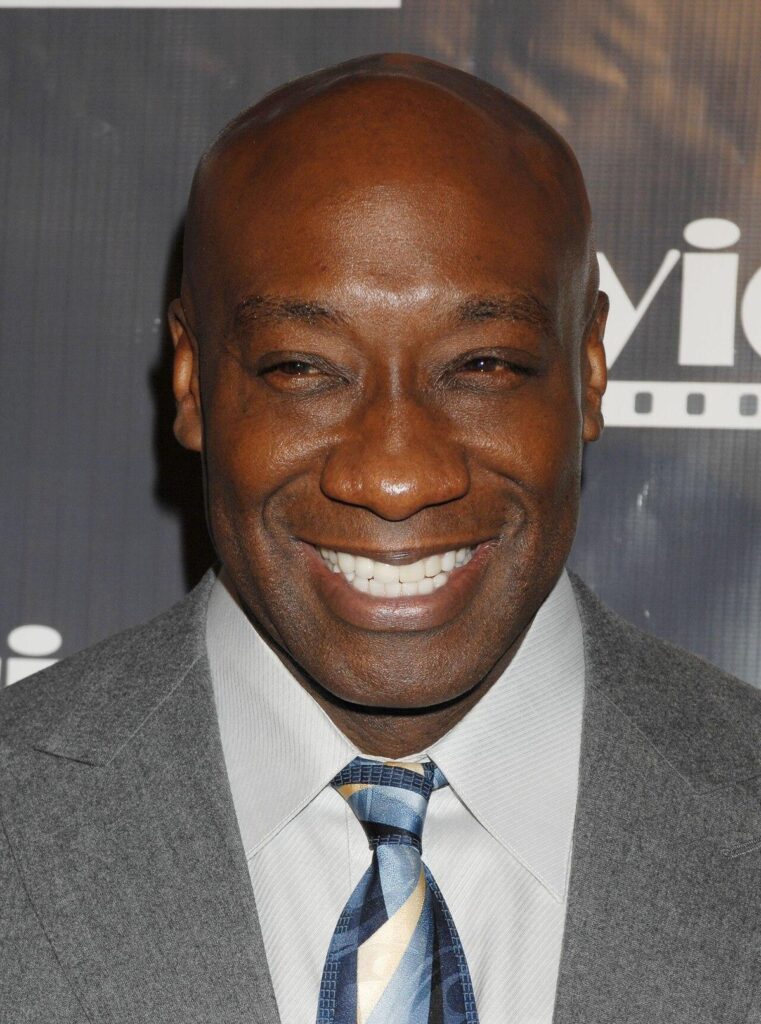- Advertisement -
Michael Clarke, former captain of the Australian cricket team and widely regarded as one of the sport’s modern greats, has been diagnosed with skin cancer, NDTV Sports reports. The announcement has sent ripples through the cricketing community, highlighting the ongoing risks of sun exposure faced by outdoor athletes. Clarke’s battle with the disease underscores the importance of skin cancer awareness and early detection, especially in countries like Australia where the condition remains a major health concern.
Michael Clarke Opens Up About His Skin Cancer Diagnosis and Recovery Journey
Michael Clarke, the celebrated former captain of the Australian cricket team, recently shared his personal battle after being diagnosed with skin cancer. The news comes as a stark reminder of the dangers posed by prolonged sun exposure in Australia, a country where outdoor sports and activities are deeply ingrained in the culture. Clarke detailed his experience with the diagnosis, emphasizing the importance of early detection and regular skin checks. He stressed how his rigorous schedule and outdoor commitments may have contributed to the condition, urging fans and followers to prioritize their skin health.
In his journey toward recovery, Clarke highlighted several key steps that aided his healing process, including:
- Timely medical intervention: Early biopsy and removal of suspicious lesions.
- Consistent follow-ups: Ongoing dermatological appointments to monitor skin changes.
- Adopting sun-safe habits: Using broad-spectrum sunscreen, wearing protective clothing, and avoiding peak UV hours.
| Recovery Step | Details |
|---|---|
| Skin Checks | Biannual dermatology visits |
| Treatment | Surgical removal of cancerous cells |
| Lifestyle Changes | Sun protection, hydration, and rest |
Experts Emphasize the Importance of Early Detection and Regular Skin Checks
Early diagnosis remains the cornerstone of successful treatment for skin cancer, medical experts assert, urging individuals to prioritize regular skin examinations. Specialists highlight that many cases, like Michael Clarke’s recent diagnosis, could have better outcomes if detected promptly. Routine self-assessments combined with professional skin checks can significantly reduce the risk of advanced-stage skin cancer, which is often harder to treat. Key warning signs, including unusual moles, persistent sores, and changes in skin texture, should never be overlooked.
Dermatologists recommend integrating these vital checks into health routines, emphasizing that prevention and vigilance save lives. Factors intensifying risk include:
- Excessive sun exposure without adequate protection
- Family history of skin cancer
- Fair skin types prone to sunburn
- Previous skin cancer diagnoses
| Skin Cancer Type | Common Detection Method | Recommended Check Frequency |
|---|---|---|
| Basal Cell Carcinoma | Visual Skin Exams | Every 6 Months |
| Squamous Cell Carcinoma | Dermatoscopy | Annually |
| Melanoma | Biopsy after Identification | Every 3-6 Months for High Risk |
Preventive Measures for Athletes Exposed to Prolonged Sunlight Recommended by Health Professionals
Health professionals emphasize the importance of diligent sun protection for athletes who spend extended hours outdoors, particularly in high-intensity sports like cricket. Regular application of broad-spectrum sunscreen with an SPF of 30 or higher is crucial, ideally reapplied every two hours or immediately after sweating. Athletes are encouraged to wear UV-protective clothing, wide-brimmed hats, and wraparound sunglasses to shield vulnerable skin areas such as the face, neck, and ears. Scheduling training sessions during early morning or late afternoon can also reduce peak UV exposure, mitigating the cumulative risk of skin damage.
Additionally, routine skin checks by dermatologists are advised for early detection of any suspicious lesions or changes in moles. Team medical staff should facilitate awareness campaigns and provide easy access to sun protection resources. Below is a quick reference guide recommended by healthcare practitioners to help athletes maintain optimal skin safety in outdoor environments:
| Preventive Measure | Recommended Action |
|---|---|
| Sunblock Usage | Apply SPF 30+, reapply every 2 hours or post-sweating |
| Protective Apparel | UV-resistant clothing, hats, and sunglasses |
| Training Schedule | Avoid peak UV hours (10 AM – 4 PM) |
| Skin Monitoring | Regular dermatologist checkups |
| Hydration | Maintain hydration to support skin health |
In Retrospect
Michael Clarke’s revelation about his skin cancer diagnosis serves as a sobering reminder of the health risks faced not only by professional athletes but also by the wider public. As one of Australia’s most celebrated cricket figures, Clarke’s openness adds a powerful voice to the ongoing conversation about skin cancer awareness and prevention. Fans and fellow sports professionals alike are encouraged to take heed of the warning signs and prioritize regular health check-ups. NDTV Sports will continue to monitor Clarke’s journey and provide updates on his condition and efforts to raise awareness about this critical health issue.
- Advertisement -


